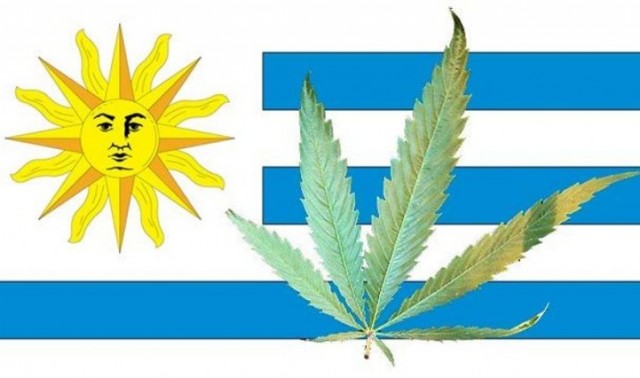 Uruguayan incumbent president, 79-year old Jose Mujica, made global headlines last year when he pushed for, and passed, the world’s first truly legal cannabis state. At the time, Mujica touted his notion to legalize as an attempt to defang the illicit marijuana market in his country and take the marijuana from the hands of criminals and gangs.
Uruguayan incumbent president, 79-year old Jose Mujica, made global headlines last year when he pushed for, and passed, the world’s first truly legal cannabis state. At the time, Mujica touted his notion to legalize as an attempt to defang the illicit marijuana market in his country and take the marijuana from the hands of criminals and gangs.
As is often the case, reform is slow and the actual outcomes of this idea are trailing behind the law. That is not to say that legalization on this level has been a failure. But it seems that the reform has not propagated the way many thought it would. Currently, about 2/3 of the population opposes Mujica’s experimental law.
Due to Uruguay law, Mujica is forbidden from serving two consecutive terms as president and will be replaced. The two leading candidates have opposing views on the cannabis law. Right-wing candidate Luis Lacalle Pou aims to send a bill to parliament that would repeal parts of the law. “I will keep the law’s articles that allow users to grow their own cannabis at home and authorize smoking clubs and repeal the rest, in particular the state’s commercialization of the drug,” said Pou.
Unsurprisingly, the left-wing candidate, Frente Amplio, has outright endorsed Mujica’s law. Currently, Amplio is leading in the polls. However, due to how the Uruguayan vote works, unless an absolute majority is reached by one candidate, the election will go to a run-off vote of the two leading candidates. In that run-off poll, Pou and Amplio are in a dead heat.
It will be interesting to see what happens with this vote, even more interesting to see what the winner ends up doing about Mujica’s law.
I do think it is pretty cool, though, that, no matter who wins, cannabis will still be legal for personal growth and use. It looks as if the big difference of opinion lies in whether or not to allow the government to commercialize and sell cannabis. From a personal use perspective, that difference likely manifests in the price per gram (it would probably climb if privatized). However, from a standpoint of thwarting drug gangs, it seems that the government being involved is the best solution to that facet of the issue.
I’ll keep you posted.









